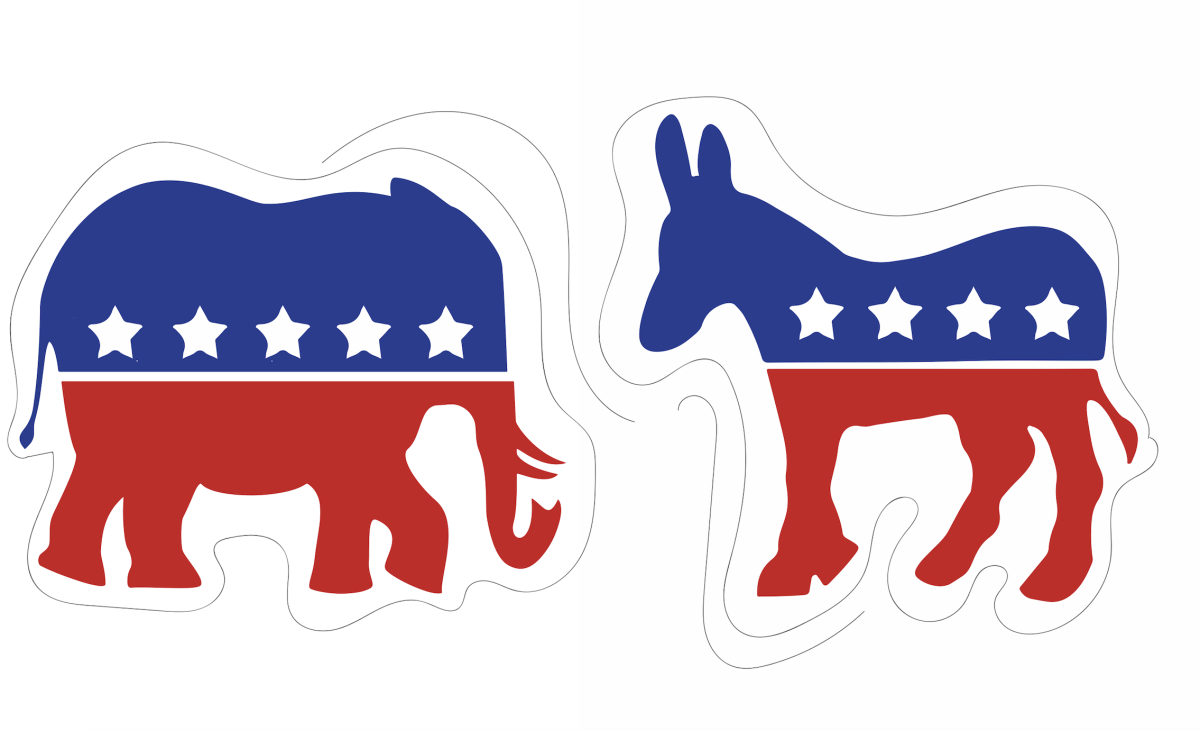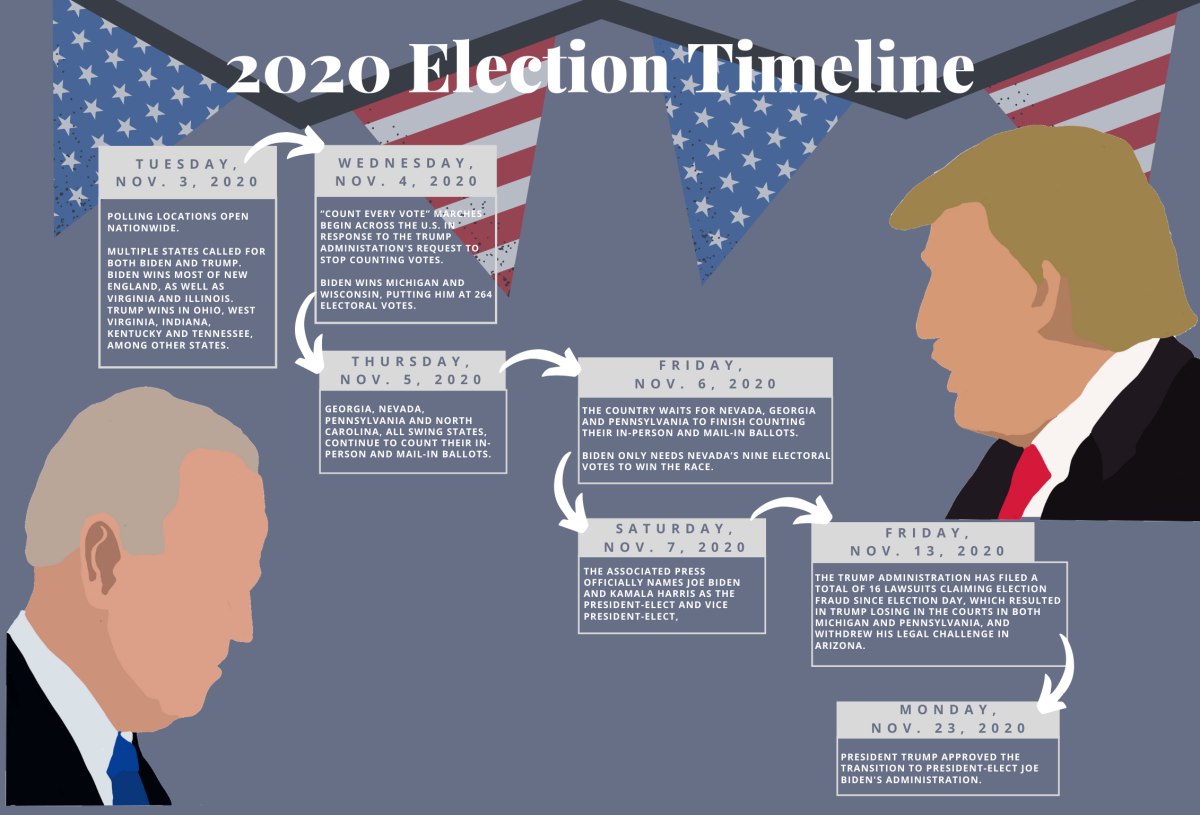Why are the hearings taking place?
After the death of Supreme Court Justice Ruth Bader Ginsburg, a champion of civil rights during her tenure as judge, there is now an open seat on the Supreme Court of the United States (SCOTUS).
Since voting for the presidential election has started with early voting through mail-in ballots, Democrats want to wait to confirm a justice until after the election, hoping that Democratic presidential nominee Joe Biden will have the chance to nominate a new justice. Republicans argue that U.S. President Donald Trump should nominate a new judge, as he is currently holding the presidential office.
This is the exact opposite stance Republicans took in 2016 when former U.S. President Barack Obama attempted to nominate Merrick Garland at the end of his term with the death of Supreme Court Justice Antonin Scalia.
President Trump nominated Amy Coney Barrett, a judge on the U.S. Court of Appeals for the Seventh Circuit with a conservative and religious background, to the court.
Highlights from the hearings
There have been three hearings to determine whether or not Barrett should be confirmed to the SCOTUS. Barrett refused to comment on several hot button issues.
For instance, when asked whether or not a president could single-handedly delay an election, she declined to provide an answer, stating that she would need to be exposed to the proper information and consult the right individuals in order to make a decision.
Barrett also refused to offer her recusal of cases regarding the Affordable Care Act and cases related to the upcoming presidential election. Additionally, she declined to take a position on the legitimacy of the hearing of Roe v. Wade, saying that she would not “grade precedent.” This means that she was unwilling to offer an opinion on the legitimacy of past court rulings.
She went on to claim to the committee that she would be able to set aside personal beliefs when making decisions in the courtroom. When asked about LGBTQIA+ rights, she utilized the term “sexual preference,” which has been understood by the LGBTQIA+ community as a backhanded way of insinuating that sexuality is a choice.
Surprisingly, after being questioned by Democratic Sen. Cory Booker, Barrett acknowledged that there is implicit bias in the justice system, stating that, “It would be hard to imagine a criminal justice system as big as ours without having any implicit bias in it.” While it was positive to hear her stance, she did not offer any possible disillusionment with or solutions to improve the justice system.
Barrett also declined to comment on the legitimacy of Griswold v. Connecticut, a piece of landmark legislation for accessibility of contraceptives.
Finally, Barrett took no position on climate change, again stating that she did not have a “firm” stance on the issue, and that her knowledge of the subject was not great enough to offer a response.
If Barrett is appointed
If Barrett is appointed to the court, then the balance will lean towards conservative, which would be represented by six conservative justices to the three liberal justices. This appointment would make the court the most conservative it has been since 1950. This is potentially detrimental to civil rights laws, voting laws, health care, reproductive rights and the separation of church and state.
If Barrett is not appointed
If Barrett is not appointed, the next nominee will be that of the next president. President Trump could try to nominate another judge before the election, but time is dwindling quickly and the public has already been apprehensive of his first nomination.
If President Trump is reelected his nomination will almost certainly be upheld and implemented to the court. If Biden wins the election, he will likely pick a much more liberal justice to fill the shoes of Ruth Bader Ginsburg.
Because SCOTUS terms are life long, the appointment will impact the lives of generations to come, for better or worse. It is an incredibly anxiety-inducing experience because it is entirely out of the hands of citizens. We’ll have to see what happens and deal accordingly with the outcome.




















































